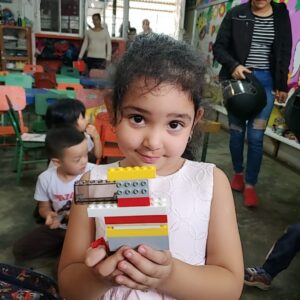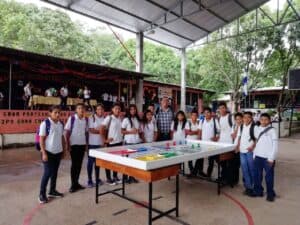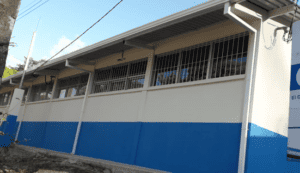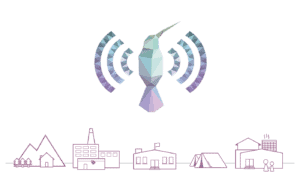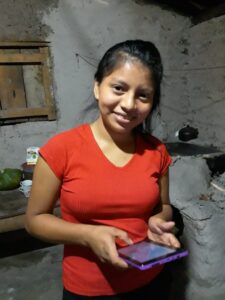
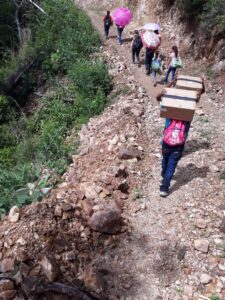
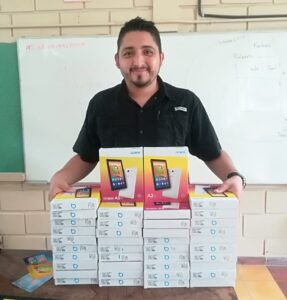
Technology in Classrooms
Books in La Frontera are expensive and rare, even in schools. In 2017 after trials our bilingual school, which serves as a pilot, we began deploy computer based systems of learning to assist teachers, engage students, and reward individual advancement.
The content comes from the non-profit Learning Equality through the Kolibri platform. It is completely offline and uses no internet (which is very unreliable in the Frontera). We deploy a server, router, and tablets for the students to access materials.
What began in just a few schools, grew tremendous interest and our team went from inviting schools to selecting them from submitted requests. Kolibri is now used in a wide variety of modalities and classroom settings. We have established a partnership with the Honduran Department of Education to recognize Kolibri as a helpful tool for education and equipped them to deploy the Kolibri model across the country. Monitoring happens by remotely receiving usage data from our deployed servers.
We have been able to expand thanks to donations and grants from Learning Equality, the U.S. Embassy in Honduras and even the Inter American Development Bank. In 2021-22 we conducted a pilot in 30 schools across Intibuca to assist at-home and hybrid learning after COVID-19 shutdowns. Since then we have worked with all 17 mayors of Intibuca to support the beneficiary schools outside of our service area, pushing for sustainability with technology and IT support.
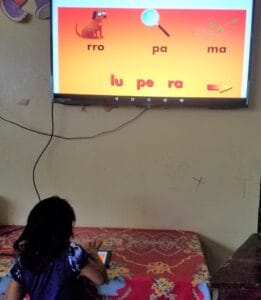
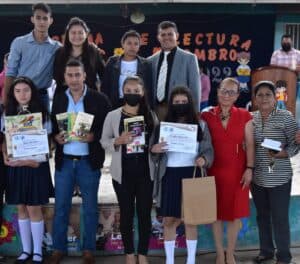
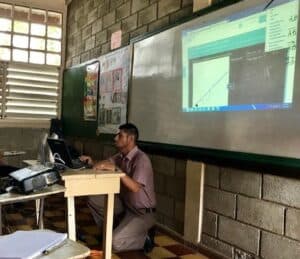
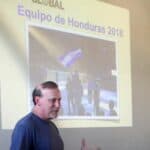
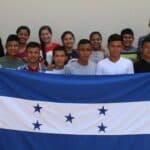
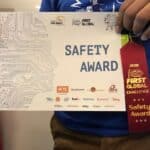
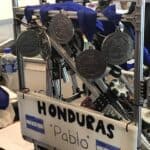
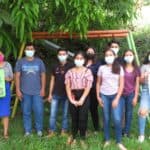
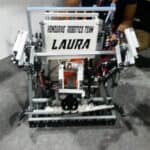
Robotics
Early in 2017, we were approached by FIRST Global International to organize a Honduran Robotics Team and compete at the first-ever, annual, Olympic style, robotics competition in Washington, DC. We chose the team members from high school students in Camasca, Concepcion and San Antonio, Intibuca. These young people, often lacking roads, water, and electricity, have never had such opportunities. But, they know how to meet challenges. We sent teams to Mexico, Dubai, online during COVID-19 and Switzerland for FIRST Global competitions. It has been an amazing undertaking, and these experience opened up doors of opportunity in their lifetimes. Due to sustainability we have sought other robotics programs. Thank you Professor Alan for all of your years in mentorship. To learn more about past challenges and yearly teams, visit our CREE website.
After our FIRST Global team generated a lot of interest in our communities, we decided to pursue a parallel robotics program which was locally-based and had a higher member capacity. In 2018 a dedicated volunteer, Sandy, began leading a team at our pilot bilingual school and invited other schools to create their own teams. Our communities responded and we held our first regional LEGO competition where 4 teams participated. Then in 2019 6 teams participated. Although the pandemic halted progress in 2020 & 2021, in 2022 we held a 3rd regional competition and we hope to host many more in the years to come.
Supporting our STEM endeavors, robotics also grew quickly and ignited many sparks for an activity that was not seen in the region, much less in schools. While LEGOs have been hard to source in Honduras, we receive donations from pre-loved blocks in the U.S. Our most recent donations have made it into small and eager hands of kindergarteners. We hope that this tool will continue to grow interest in STEM and its realm of possibilities.
During the COVID-19 pandemic, we partnered with the government to build a regional center dedicated to STEM. While the process was long, our center is now open to learners and is equipped to support our robotics teams.
